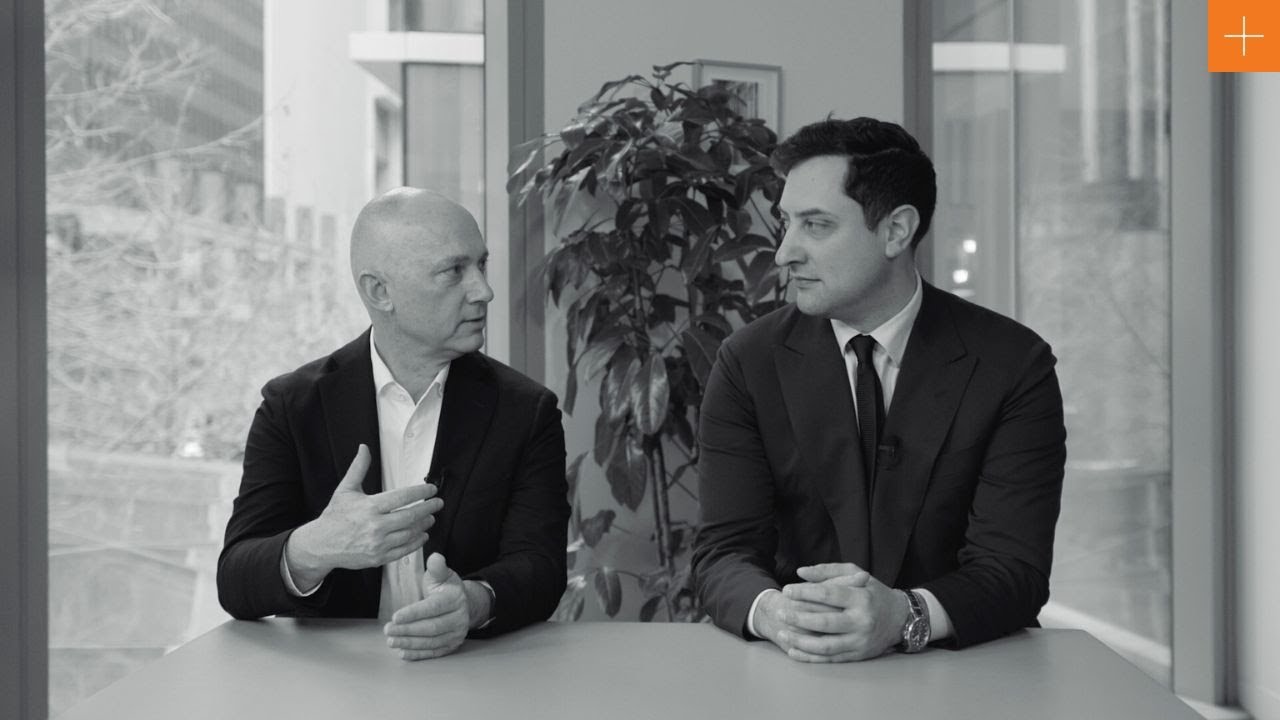Matt Bolitho proceeds to Aptum from the world of professional sporting organisations, having played pivotal roles in business development including designing the AFLW program at the North Melbourne Football Club.
In his new role as Commercial Operations Manager at Aptum, Matt brings a unique focus on elite performance to the firm.
Speaking with Matt, we dissected his thoughts on the challenges of managing contemporary organisations in traditional industries, the cultures of optimised teams, and the values for steering rapid growth:
Having a history managing elite performance in professional sporting organisations, what experience do you bring from that world?
The people you work with in a professional sporting environment are all motivated by an overarching objective—a premiership or title of some description. It’s a high pressure environment when you compact it into the week-on-week challenges for the whole organisation. When you’re optimising teams of diverse individuals to work together towards those big goals, and the systems they operate in to get there, that applies in a lot of different contexts.
My motivation is helping people achieve their goals, especially through organisations that are forging their own path. One of my best experiences was campaigning for, and designing, the AFLW program at North Melbourne. I don’t necessarily get excited coming into places that establish themselves according to traditional systems and require people to adjust to that routine. Aptum presents a fitting challenge in that respect.
Tell us about the challenge of creating that AFLW program, having worked in a traditional culture but with the opportunity to create your own system?
We had a fair bit of creative licence in the process of establishing our team. But the first challenge was to be granted a licence from the AFL. The analysis and planning involved with developing a bid was so important to affirming our identity—who we were going to be and how we were going to be successful in the competition. That guided everything going forward.
Once we got started, there was an element of needing to learn from the established practices that actually work quite well in existing systems. I was in an organisation that had been operating for 150 years, so it would be silly not to use some of that experience. But it was also really important for us not to be stuck in the old way of doing things which, just because of legacy, weren’t easy to change in the men’s game. We had the ability to make things better based on our own experience.
What’s an example of something you had to change?
One of the things, which was huge, was the way we managed people. In women’s sport, you need to be more malleable in the way you operate to best serve clients—who are the players and staff. These are all players who have jobs outside of footy, who aren’t full time athletes. Getting the best out of them was originally something I got wrong.
Why was that?
My instinct and experience initially was to set really strong expectations that everyone would achieve. If you didn’t achieve them, then you knew about it. But applying the same style of rigour and old school thinking to these athletes and staff members wasn’t going to get the best out of them. We had to reset on that, get a better understanding of what success looked like for every individual, and how it related to our overarching strategic goal. We had players from various backgrounds, family structures and work environments and performance metrics needed to be tailored to accurately reflect all of these inputs. It’s the idea of success being measured the same way, but viewed differently.
That’s interesting. It doesn’t always work that way in business.
Yeah, you need to equate the individual metrics to the broader goals of the organisation. There’s no sense using metrics that don’t help the bigger picture. Having the value based pricing model here at Aptum is a good example. Rather than lawyers being judged by the time they bill, which probably lines up more with financial targets, their performance metric is what should be expected of them and what they can do in the projects they’re working on. It’s a more realistic way to judge success of the strategic goal here, to be the leader in commercial litigation.
How do you relate the work systems in a sport or business environment to a law firm? Lawyers have traditionally, more or less, managed themselves.
With Aptum, it’s much more of a best practice business environment overlayed into a legal environment, whereas your traditional firm almost has a number of sub-contractors who use the brand as their marketing tool, but really have no connection, be it emotional or in business, to the firm. It’s just a place to go to work. You can see it’s different here. There’s a lot of group problem solving. People buy into the system, buy into the culture, buy into the objectives, much more than what it seems at other firms.
I’m very much a believer in clan culture in businesses where you’re all united towards a common goal of creating something. Of course, there’s challenges with that approach too. But when you understand the mentality of the bigger picture, you get to experience group success.
It seems a similar journey to what you’ve experienced, choosing the values and identity first and building from there. How do you see that being important for Aptum?
When you do that work, it helps in being able to bring a contemporary, or more progressive lens to historically rigid industries. All your decisions flow from it. There’s a different mindset based on the values here. We’re considerate with our resources because Aptum isn’t a volume business. We want everything we do to hit the target, so the thought that goes into how we do things is so important.
I see one of the core values with Aptum, above all else, being transparency. A lot of the structures here—value pricing, project management—are all based around that. I like that from the outset when we’re engaged with you, we’ll tell you how we’re going the whole way. And we’re clear with the cost. It goes the same way when we aren’t the right fit. We don’t just take cases because they’re available. It’s about the question of whether or not there’s value that both us and the client can extract and deliver on. If the value isn’t there, then there’s no point engaging. We’re open about that. We provide a referral and the client feels confident that someone else is a better fit.
Operational decisions like these are good business because you give clients a good experience, plus you help your lawyers do their best with the work that you accept, which makes a big difference.
Tell us about the breadth of your involvement with the role of Commercial Operations Manager.
It’s pretty broad. But that’s the demands of this kind of role. There’s a lot of different things happening here and part of my value is the ability to coordinate them towards our goals. Something I like about Aptum is that a lot of our lawyers are multiskilled and can contribute value to the business in a number of ways, things like finance, HR, systems or process mapping. I’ll be overseeing all those things and hope to build a centralised source for business operations as Aptum continues to grow.
What have you learnt about steering the change that comes with this rapid growth Aptum is going through?
It has to be iterative. There’s no other way. The way I see it, there’s a big opportunity with the foundation Aptum has built up over the last few years. A really strong client base being just one part. It’s going to be a matter of responding to lots of change really quickly. And that’s ok. Sometimes people get put off by change. But the leadership here is so nimble in that regard, which is really important. If something needs to change, it’s going to happen. It makes for an exciting journey.
We’re excited to have Matt’s unique expertise join Aptum and expand our horizon of what it means to be best practice in commercial litigation.




